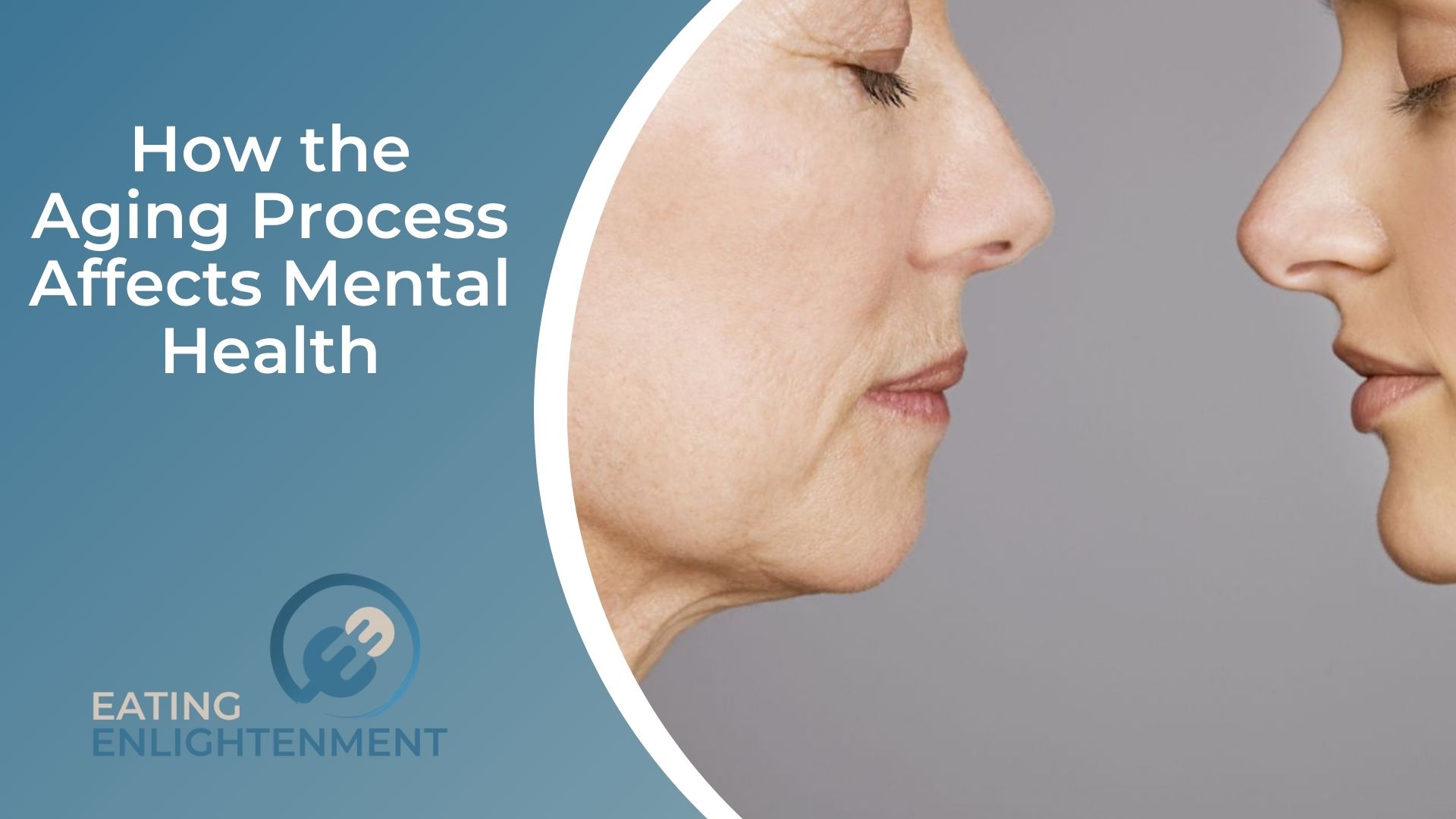Most people expect to experience various changes to their appearance, health, and mobility when growing older. However, many people might not expect the reality of aging to take such a physical and emotional toll, increasing their risk of a mental health disorder.
Growing older can feel daunting, especially if a person no longer looks and feels like their younger self, but there are ways to enjoy a better quality of life as the years pass. Learn how the aging process can affect people’s mental health and how to protect it.
A Loss of Identity
Many people might struggle to recognize the person staring back at them in the mirror. When they think of how they look, they might recall their smooth skin, luscious hair, and svelte frame during their twenties. However, the reality might now be much different due to a decrease in collagen production, muscle loss, and hormonal changes caused by menopause or low testosterone. Unfortunately, the physical changes can cause a loss of identity, as they might no longer feel comfortable in their skin.
Low Self-Esteem
A loss of identity will likely equal low self-esteem. If a person hates their appearance, they might struggle with confidence, which can impact their goals, relationships, and mental health. Rather than allowing the aging process to affect their self-worth, people must find ways to restore their confidence to enjoy a better quality of life.
Setting goals is a great way to prove that age is just a number, such as completing a marathon, gaining a qualification, or mastering a new skill. Also, people struggling with low self-esteem could introduce products to potentially restore their appearance and, in turn, their confidence.
For example, you can minimize age spots, fine lines, wrinkles, and discoloration by using kojic acid soap daily. The natural skin lightening product promotes collagen production and inhibits melatonin production in the body, helping people appear much younger. A few adjustments to a person’s routine could transform their confidence, as they might feel happier with how they look and find the aging process less scary.
Social Isolation
As mentioned, a lack of confidence can affect a person’s relationships. In addition to avoiding a mirror or posing for photographs, they might avoid social settings due to one or more insecurities.
If a person isn’t happy with their appearance or struggles with a physical health issue, they might have trouble walking into a crowded room or striking up conversations. Also, they might spend most of the time at an event feeling self-conscious about their flaws.
Unfortunately, the older a person is, the more vulnerable they are to social isolation and loneliness. According to a 2020 study published in BMC Public Health, 50% of people aged 60 and over have a risk of social isolation. Also, one-third are likely to experience a degree of loneliness in their senior years.
It is critical people don’t allow a little thing like aging to stop them from maintaining or developing healthy relationships. It will prevent feelings of loneliness and isolation, and social interactions could make a person feel a part of a supportive community, which is essential for good mental health.
Insecurities and a lack of confidence shouldn’t hold people back in life. They must push themselves out of their comfort zone, as the thought of a social occasion is often worse than the reality. Also, they could return home feeling happier, healthier, and more attractive and capable after mixing with like-minded, supportive people who champion their appearance and abilities. There is no doubt regular social interactions can help people live their lives to the full and may even increase their life expectancy.
The Powerful Mind-Body Connection

The mind and body are connected. If a person’s physical health declines, their mental health will likely do the same, and vice versa. For example, numerous studies have found a direct link between Parkinson’s disease and depression, as the former causes neurological changes in the brain.
If a person doesn’t like how they look, their mental health will likely pay the price, as their lack of confidence will increase their risk of depression and anxiety. If a person struggles with poor mobility due to a temporary or chronic condition, they will have a greater likelihood of developing a mental health disorder.
For this reason, people must take care of their emotional well-being when struggling with any form of aging, from skin changes to physical impairments. Each can cause a person to lose their identity and socially withdraw.
There are many ways for people of all ages to protect their mental health, which could help them overcome any hurdles associated with aging. For instance, they should follow a healthy diet, exercise regularly, drink plenty of water, and practice self-care.
Also, they should not hesitate to speak to a doctor when struggling with a mental health condition. Various treatments are available to help people overcome depression, anxiety, or another disorder. For instance, a doctor may prescribe medication or recommend talk therapy, cognitive behavioral therapy, or lifestyle changes.



